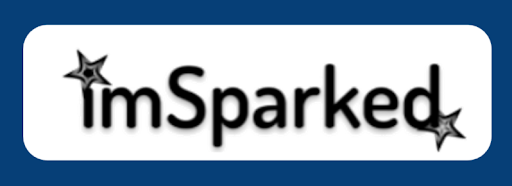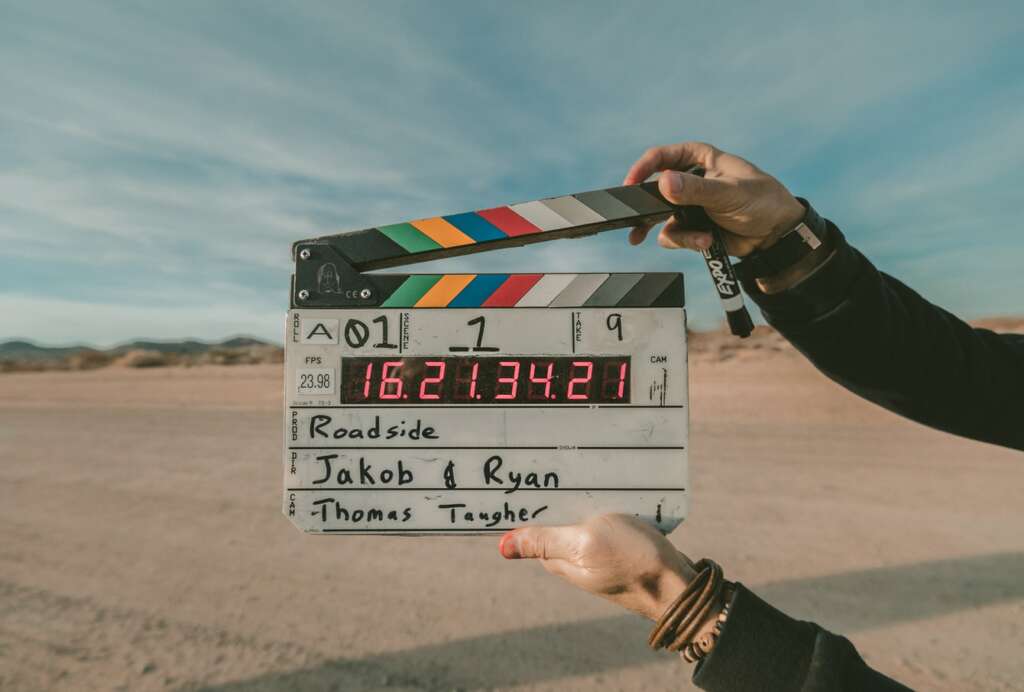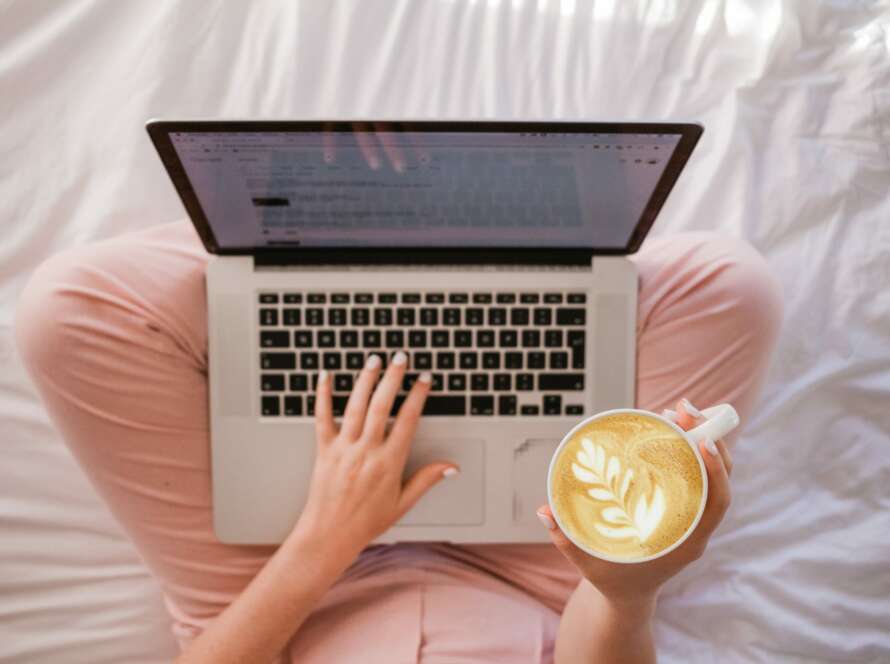By Ritvi Ranka
Before things started becoming more digital, filmmakers would use a spool called a film reel to project their movies. These reels were played in fast motion and projected for an audience to watch. And to promote their movies, filmmakers would compile a short highlight reel by making a compilation of the best parts of the film and sending those out through different avenues to attract the audience.
But oftentimes, the actual movie wouldn’t live up to the expectations of the curated, short highlight reel. This idea is frequently paralleled with the lives of avid social media users in many different ways.
Various social media platforms started off as photo-sharing spaces where friends could like and comment on others’ day-to-day activities. But as the years went on, social media has allowed us to hide behind our screens and show the world the best version of ourselves through pictures and highlight reels—the best scenes of our lives. In reality, this version of ourselves is superficial. It’s a persona we choose to show, not the authentic one we want to show. With that being said, I’ve caught myself far too many times scrolling through feeds of celebrities and Instagram models hoping to be as tall as they are or fit those trendy jeans as they do. But even then, celebrities are humans too and they have insecurities that they choose not to post, just like us. Through this cycle, I often doubt my self-worth. Understanding that my self-worth isn’t attached to a number on an Instagram post or the number of followers I have is difficult when our society is built around these unspoken norms.
Reality TV is one in the same. Keeping up with the Kardshians is finishing off their final season this year and with 20 seasons under their belt, the editors have found out what keeps their audience coming back for more: the highlights. The most dramatic and glamorized scenes of their lives. These editors remove countless hours of boring, monotonous content to cut to the juicy, gossip-filled “tea” to get viewers on their toes about the show.
Having their lives on the internet, many celebrities choose to take breaks off of social media to cope with their mental health and stresses. Lizzo, an ICON for body positivity and confidence tweets about how she chose to take a break from Twitter for a bit: “Yeah, I can’t do this Twitter sh-t no more.. too many trolls. I’ll be back when I feel like it.” She later reminds herself that she deserves happiness by saying, “This is my life. I have done nothing wrong. I forgive myself for thinking I was wrong in the first place. I deserve to be happy.” Another famous example is Selena Gomez, who is the second most followed person on Instagram. Instagram is a photo-sharing application that is one of the most popular forms of social media. Gomez has around 224 million followers. She claims that having such a massive following comes with great responsibility because it gives her such a big voice. I recently read that Gomez checked herself into a mental health rehabilitation facility and took a break from the app because it was stressing her out so much. It was widely reported that she was suffering from depression and anxiety because of the hate she was receiving on the platform. Social media may look extremely glamorous on the front, but it has many dark sides to it which can negatively affect our brains.
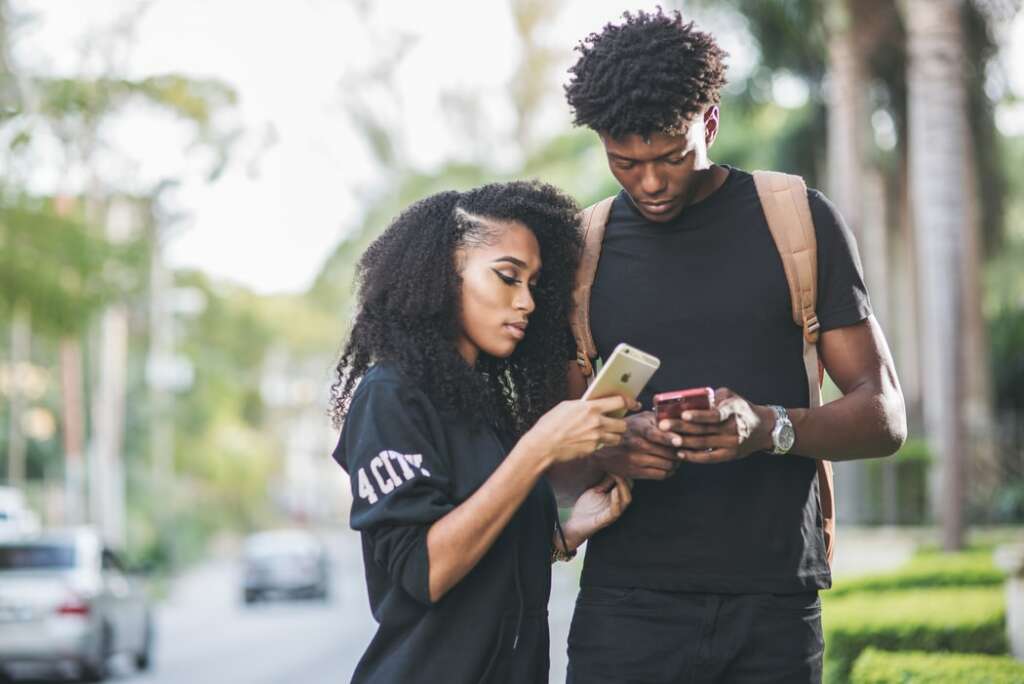

Being social creatures, we thrive off of friendship, togetherness, and championship from others to feel validated. Making these connections with people via various platforms gives us a sense of worthiness and helps us not feel as stressed, anxious and sad. Something that plays a huge role in this idea of mental health impacts of social media is “Fear of Missing Out (FOMO). FOMO is this perception that makes one feel like others are living a better life and overall having more “fun” than you. This idea makes one feel out of place, often with a sense of envy and jealousy of wanting to live life like their peers. This is amplified by social media platforms.
Social media is rapidly becoming a major part of people’s daily activities. Routines often consist of waking up in the morning and going on our phone to see what people have been up to from the night before. And before going to sleep we don’t fail to do the same. It’s honestly crazy how much we rely on our social media platforms to give us a sense of self and being. A study conducted on 11,000 teenagers found that the average person spends about 3 hours and 15 minutes a day on various social media platforms.
Since social media spans many different apps, it could be a cause for distraction. As a student, I can certify that I have spent multiple hours on my phone scrolling through these apps instead of studying or catching up on homework. My father sometimes refers to social media as a drug, which I somewhat agree on. The first thing I do when I wake up is check my phone. I check it when I have nothing to do. Sometimes I check it during class. It is almost like social media is like injecting yourself to stay sane. This is a universal problem: every time we try to concentrate on our work, we constantly get distracted by the notification buzz from our phones.
Social media also contributes to the decline of interpersonal relationships. It is very common to see young people in public places constantly on their phones even in the company of others. I regularly hang out with my friends but am guilty of checking my phone while they are talking. There have also been many moments where we all decide to spend quality time with each other but end up sitting around checking our phones for a large duration of that time. Another instance of this is only talking about things we have seen on social media and opening up our phones to show our peers. It is very disappointing that we are only capable of talking about social media-related topics. At the end of the day, it is frustrating and feels like we aren’t spending time together anymore. As a human being, we need to be able to feel connected with one another; however, in some ways, social media is barring that.
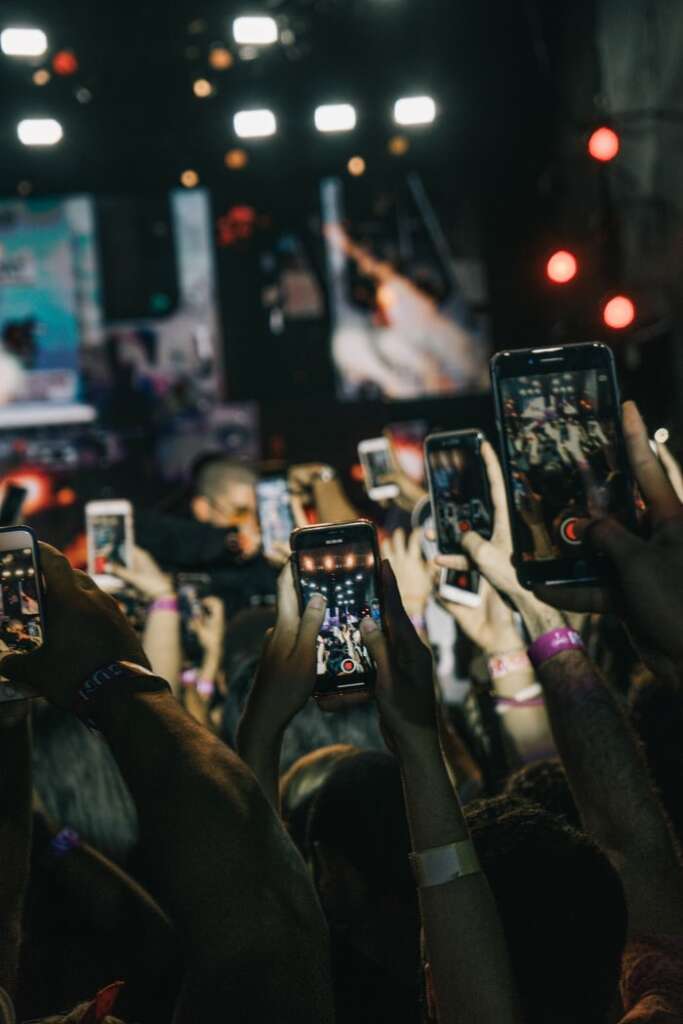

Although we may consider social media as a negative contributor to our mental health, there can be positive aspects as well. Social media also has the power to build self-esteem. Because social media influences several aspects of our lives, it is very common to follow what is seen. Many young, impressionable girls often starve themselves to look “acceptable” to society. This is harming the lives of many and following this unhealthy eating trend is very dangerous. However, body positivity is one of the many movements that gained momentum through social media. Models such as Ashley Graham and Iskra Lawrence are some examples of famous plus-size models. They have embraced body positivity and successfully spread it all around social media to help young girls feel accepted even though they don’t have the “typical” body type. Robyn Lawley, a plus size model from Australia, wrote an essay about the “thigh gap” trend being extremely unhealthy, for example. This circulated all around Instagram and Twitter, receiving critical acclaim. Though social media is definitely a cause of mental health decline, it is important for people to understand that social media is not their entire life. People like them are bound to develop anxiety and should realize that these apps don’t control them. Hopefully, people are able to understand their limits and control their usage.
On the whole, social media is something that we simply can’t avoid. We have become so strongly dependent on it and I don’t see its decline happening anytime soon. It has caused us to view our world in an augmented way as we can connect with more people than ever before. With so many eyes on our social media feeds, it is only natural to try and show the best parts of our lives. Even though there are a multitude of negative effects that come with it, there are many positive effects as well.
It all boils down to mindful consumption of media. We as the users must understand whether we need to be so dependent on it and, if so, where our boundaries lie to protect ourselves from the dark side of it. Ways that we can try and stay on the safe and healthy side of social media is to take breaks and distance ourselves from it. Allowing ourselves to take a breath of fresh air from time to time will help us rejuvenate and take in what is going on away from the screen. And, by realizing that we aren’t defined by our social media highlight reels, we might just come to understand the beauty behind the ups and downs of the entire movie that we call life.
I have linked some body positive, mental health activist accounts that will not fail to make you feel better about yourself and well being. You can find all of these on Instagram: @mentalhealthamerica, @ashleygraham, @libbyshappyproject, @love_disfigure, @iamtabithabrown, @lalahdeliah, @makedaisychains, @rodrickcovington, @thejustgirlproject, and @mindbodygreen.
